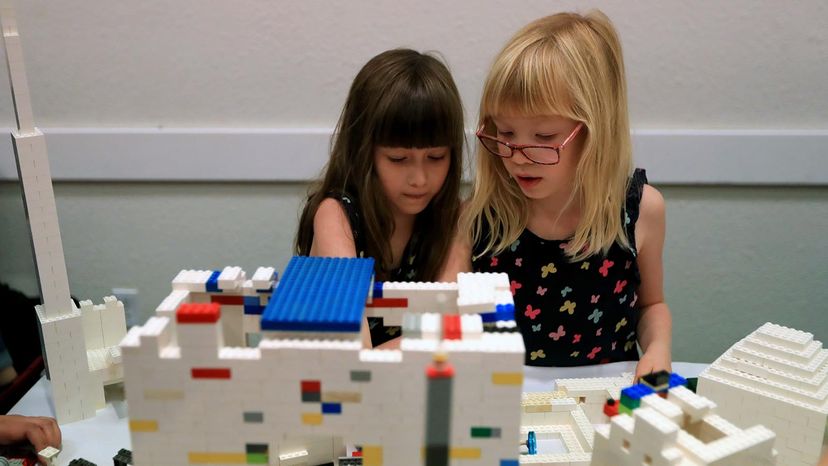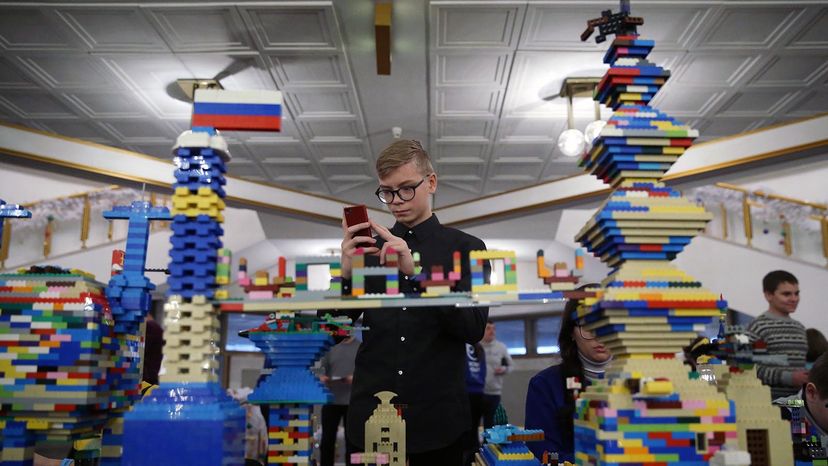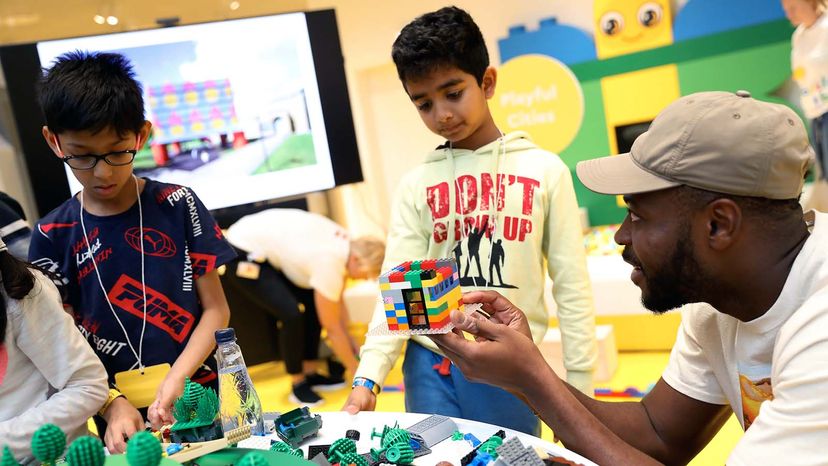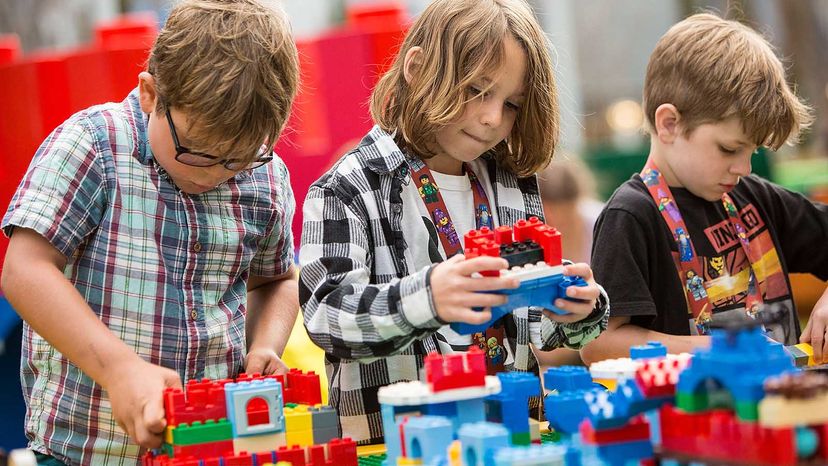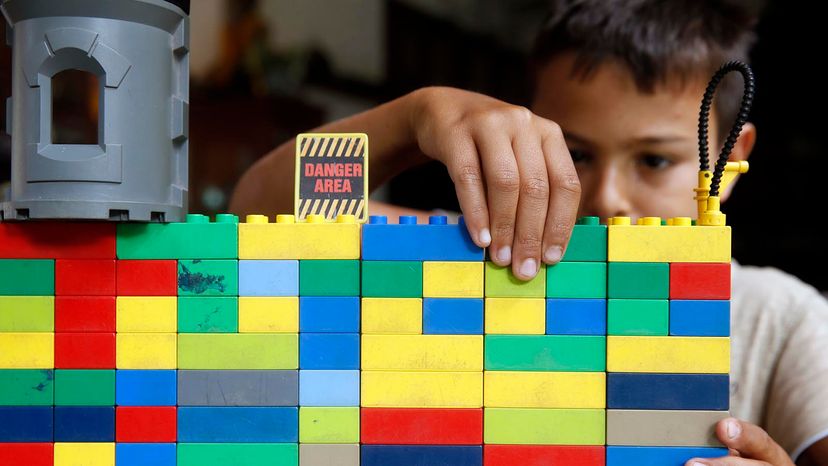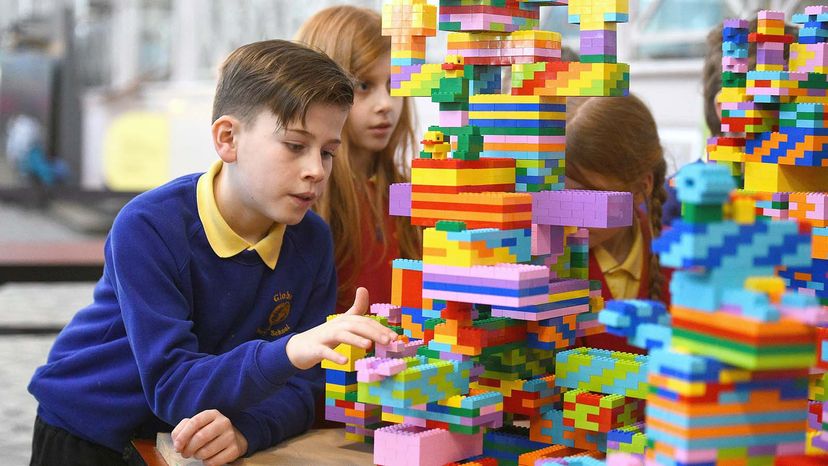
Key Takeaways
- LEGO blocks can teach skills like physics and creativity needed in structural engineering.
- Concepts such as building to scale, loading constraints (static and dynamic) and bracing methods are directly applicable to real-world structural engineering.
- LEGO experiments with designing around nature and understanding tension and compression can model real-life engineering challenges.
Block by block, one plastic section at a time, children and adults around the world compete to build the planet's tallest Lego structure. One recent record breaker, measuring 102 feet (31.09 meters) high, used roughly 500,000 blocks to rise high into the city air [source: World Records Academy].
But for those of us not looking to break records, constructing even a foot-tall design takes forethought. Will your structure be balanced and not tip over? Is the base wide enough to support it? Can your Lego creation withstand nature's forces -- or even the family cat?
Advertisement
Toying around and experimenting with Lego extends beyond childhood play time. In fact, these blocks and products present a hands-on opportunity to learn the basics of structural engineering, a field in which experts examine similar questions while crafting buildings, bridges, cars, dams, stadiums and other large structures.
The ultimate Lego empire and real-world structural engineering have two things in common: an understanding of physics and creativity. As long as you know the limitations of the materials you're working with, there will be fewer issues in conjuring up your plastic creation -- and perhaps other structures as you become more advanced.
Scale is everything, especially if you want to build a replica of a famous landmark or building. Read why scale is also important to engineers on the following page.
